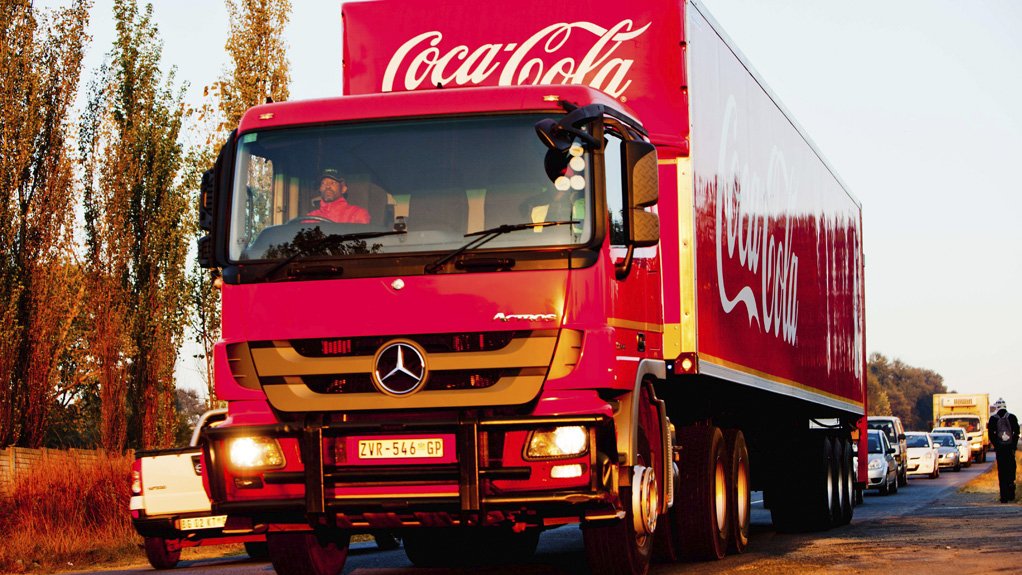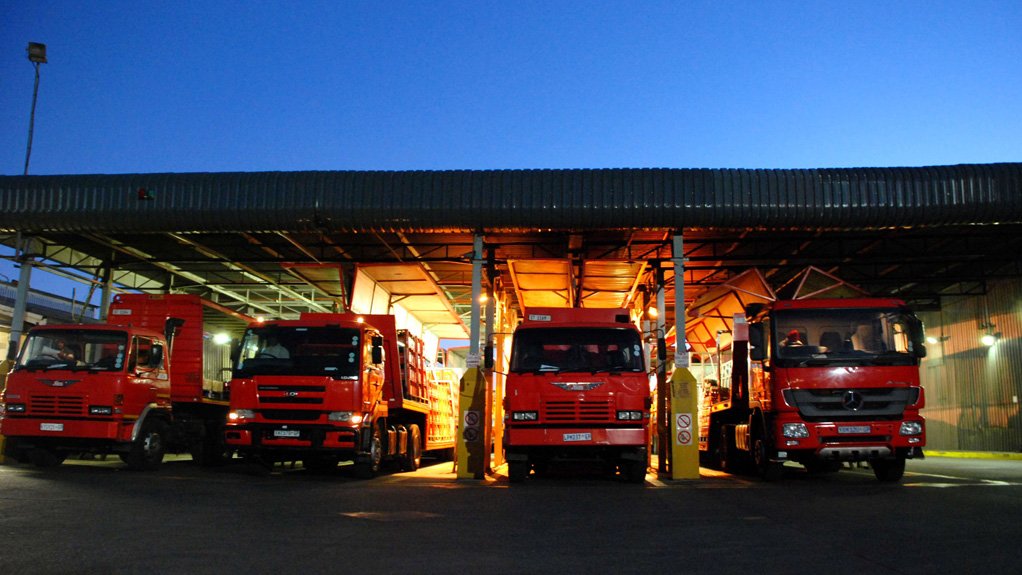As a means to grow the customer base in underserved communities and informal markets, global beverages company Coca-Cola Beverages South Africa’s (CCBSA’s) local distribution partner (LDP) programme has been launched to help local entrepreneurs create sustainable standalone distribution businesses.
“Delivering products to market in a reliable and cost-effective manner is critical for any business, specifically in the fast moving consumer goods space. However, small-scale orders from independent stores in outlying areas can prove challenging in this regard,” says CCBSA logistics specialist Curnick Tshongweni.
He illustrates that finding efficient ways to deliver to these areas, such as townships, often requires innovative solutions that involve entrepreneurs from the community. He explains that in delivering products to those communities, the company makes use of its LDP programme.
CCBSA acting logistics specialist Ntsikelelo Figlan explains that the LDP programme involves a local distribution partner as a managed third party in the local trade, which in essence means full control of the order-to-cash cycle by the distributor, and enabling mutual growth through small flexible deliveries.
Figlan asserts that the LDP programme is needed for multiple reasons such as capturing growth, market control, price control, customer service, as well as empowerment by means of community member involvement, job creation and operations efficiency.
He highlights that there are certain requirements that must be met to gain access to the programme, outlining these as a national grade 12 certificate, a code 10 driving licence, non-negotiable R250 000 start-up capital, a South African Revenue Service tax clearance certificate, a clean criminal record and preparedness to work a minimum of six days a week. A tertiary logistics qualification may be advantageous.
In addition to the requirements, knowledge and basic skills as an entrepreneur are needed, the LDP owner must reside in the area of operation and possess community insight, and they must have product and industry knowledge, as well as abide by safety policies and transport legislation.
Figlan explains that, in terms of the training and support, the programme includes customer service training, stock management lessons, information technology systems training and financial literacy training for the selected LDPs.
“This ensures that they gain the skills and knowledge they need before entering into a contract with CCBSA. A third-party distribution manager then continuously coaches and trains the LDP programme owner-distributor to ensure they build a successful small or medium-sized enterprise.”
Further, Tshongweni notes that, to date, over 90 LDPs have been contracted to CCBSA, creating over 1 300 job opportunities in their respective communities. “Each of these small businesses employs an average of 13 staff members.”
Tshongweni adds that the impact of the programme extends beyond employment with the LDPs collectively earning about R300-million from CCBSA every year, and the company investing over R1.7-million in the entrepreneurs’ training and development each year.
“As such, it has not only demonstrated the difference that a partnership approach can make in communities, but the strategic value that it can add to an established business model such as ours,” Tshongweni concludes.
Edited by: Zandile Mavuso
Creamer Media Senior Deputy Editor: Features
EMAIL THIS ARTICLE SAVE THIS ARTICLE
To subscribe email subscriptions@creamermedia.co.za or click here
To advertise email advertising@creamermedia.co.za or click here















